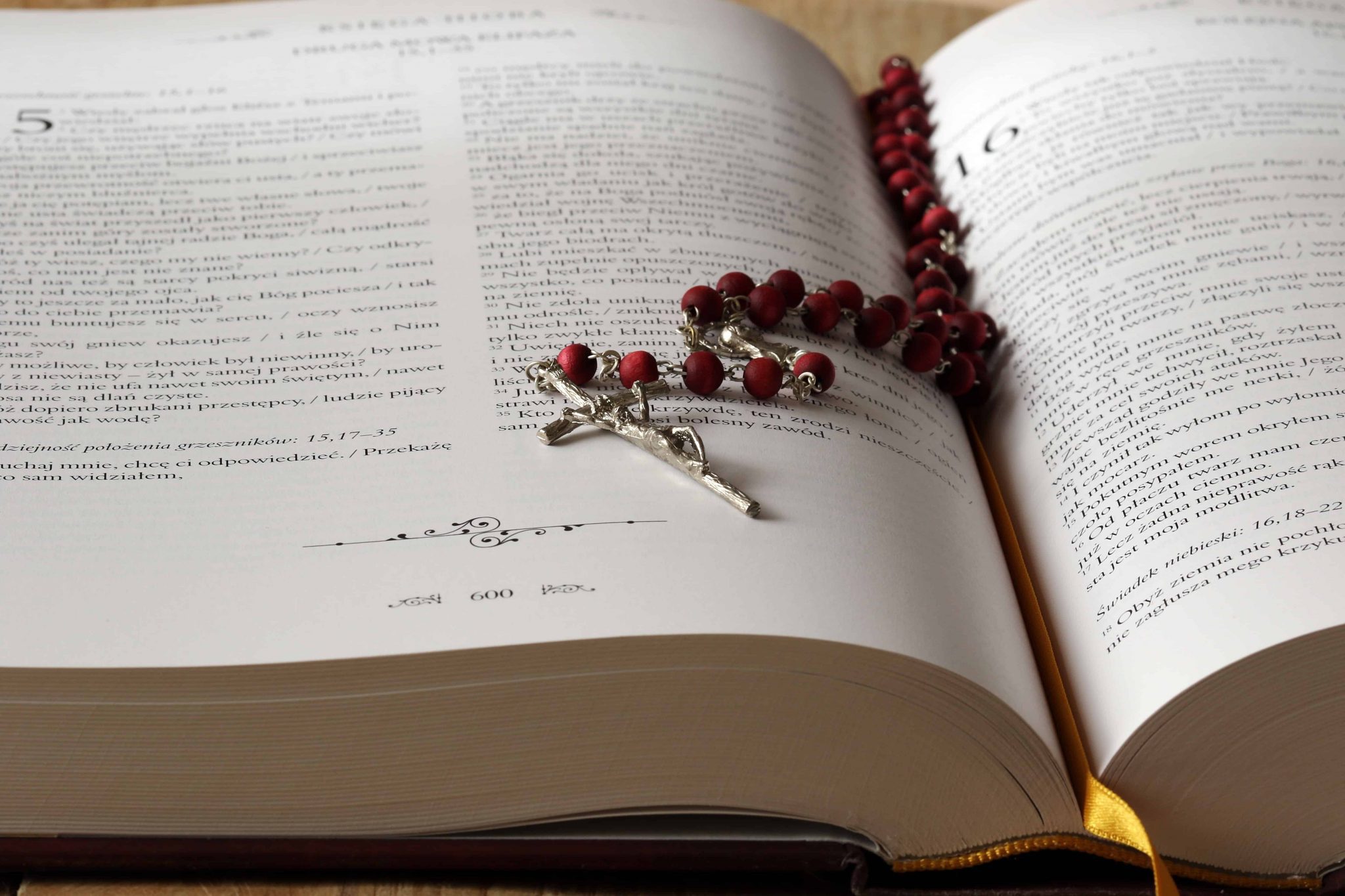Fourth Sunday of Easter
Three weeks ago, at Easter Sunday Mass, the Church led us to renew our baptismal promises. We prepared for this renewal by forty days of Lenten penance through almsgiving, prayer, and fasting (see Mt 6:3, 6, 17). The Lord wants these baptismal promises to be the center of our year and the foundation of our life in Him.
How aware (see Rm 6:3) are you of having renewed your baptismal promises three weeks ago? Have you turned off the TV and set down your phone after remembering you had rejected all of Satan’s empty promises? Have you decided not to buy something because you had rejected all of Satan’s works? When you are tempted to be manipulated by fear, do you resist because you believe God is your Father? (see Is 41:13) Has your faith in Jesus’ lordship affected your decision-making? Has your belief in the Holy Spirit noticeably affected your lifestyle?
On Easter Sunday, when we renewed our baptismal promises, we repented from all our sins, accepted Jesus as Savior, Lord, and God, sold all that we had to enter God’s kingdom (Mt 13:44-46), and surrendered our lives to the Holy Spirit. Now we must keep and apply the promises we’ve made.
Third Sunday of Easter
The story of the two disciples on the road to Emmaus is perhaps the most endearing of the Easter appearances. The Risen Jesus brings new hope to two men who have lost all hope. He feeds their minds and their hearts by explaining the Scriptures to them. His true identity is revealed in the bread he breaks for them. Their experience is offered to us too at every Eucharist, as we receive the Word and the Sacrament and are strengthened in holiness.
Second Sunday of Easter
The Gospel of John provides an account of the appearance of Jesus to the eleven in the upper room and a second account one week later (eight days in Hebrew reckoning). Jesus brings the gift of peace and the gift of the Holy Spirit for the forgiveness of sins. Jesus, who has died for sinners, ensures the gift of forgiveness for all those who will seek it, the forgiveness available to us through the Sacrament of Reconciliation.
The reluctance of Thomas provokes Jesus’ praise for those who believe without seeing. But Thomas should also be remembered as the one who gives the fullest declaration of faith in Christ found anywhere in the gospels: ‘My Lord and my God!’
Easter Sunday of the Resurrection of the Lord
Alleluia! Jesus is risen! His tomb is empty! “Death has no more power over Him” (Rm 6:9). Alleluia!
Because we’ve been baptized into Christ, we have died with Him (Rm 6:4). “If we have been united with Him through likeness to His death, so shall we be through a like resurrection” (Rm 6:5). This very day we have already “been raised up” with Jesus to share in His glorious, heavenly, risen life (Col 3:1).
For many in the United States, the joy of Easter means returning to the things we gave up for Lent. It’s back to chocolate, sweets, soft drinks, ice cream, etc. Yes, we do have to “celebrate and rejoice” on Easter (Lk 15:32), and these treats help us to celebrate. However, if we find our joy simply in returning to the old life we lived before Lent, we will have missed Easter.
Jesus is the Reason for the season! He is risen! We are invited to a risen life with Him so new, powerful, and exciting that we can’t sufficiently celebrate it with the “old yeast,” that is, our old joys and lifestyle (1 Cor 5:7). Let us “be intent on things above rather than on things of earth” (Col 3:2). Let’s celebrate the fifty-day Easter season by immersing ourselves in God’s Word, which is sweeter than the tastiest candy (Ps 119:103), and in the Eucharist, the “bread of sincerity and truth” (1 Cor 5:8).
